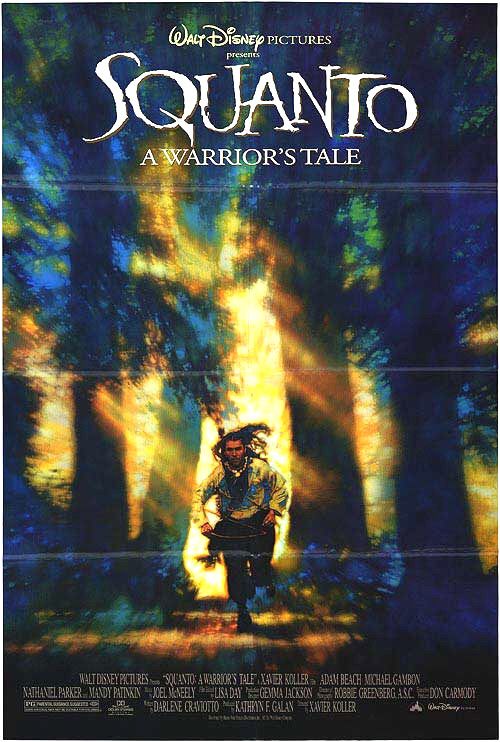
The Emotional Toll the Pandemic Has on Children in the Digital Age
By Movieguide® Staff
The pandemic, which resulted in online schooling for many children, increased technology use in an already digitally saturated age.
Concern over the addictive qualities of video games and social media is not a new idea. However, the COVID-19 related lockdowns amplified the danger of when digital interaction replaces human interaction.
“It’s universal at this point,” addiction specialist Joshua Andrus told CBN.
Andrus, who began a Parents Overcoming Electronics project, posits that children who face the emotional struggle of loneliness are more likely to seek solace in a screen than a real person.
“If we’re looking at tech addiction, it’s their version of telling the alcoholic to stop drinking and that’s just never effective,” Andrus said. “They’re going to the devices to fill a void.”
Andrus, who has written several books to aid parents and children in media addiction, wrote: “Teaching kids ownership about what their home environment looks like but then spreading that out. Parents start to get wise about what quality time looks like.”
His latest book is called “Thriving During COVID and Beyond,” which looks at the emotional toll the pandemic has on young children and how to combat it.
“The purpose of it is to help kids to see themselves as warriors that have gone through a sentinel event,” Andrus said. “They’re the first generation that had to do school exclusively online for a time, to see themselves as most prepared for that.”
Andrus also notes that responsibility lies with the parents to connect with their children.
“If we can build healthy disciplines where we’re spending 15 minutes engaging with our kids in their favorite card game and that’s all we have, then that’s still 15 minutes that we didn’t have yesterday and that was an intentional use of our time,” he said. “Start finding things that you look forward to but also monitoring the time to see if you could push it up a little bit more and more.”
Andrus claims that this approach leads to healthy relationships between parents and children and helps children’s mental health.
“What I notice when I engage with my kids or I engage with their friends is they get their bucket filled of that connection they’re really seeking through social media or they’re seeking through video gaming. They get it filled in a less superficial way,” Andrus said.
Dr. Ted Baehr, Movieguide® publisher, wrote about the importance of teaching children media wisdom in his book, The Screen-Wise Family.
“Many Christian parents are concerned about the influence of media violence on their children, but many of those who are concerned don’t know what to do about the problem. The good news is that there are effective ways to teach your children to be media-wise,” Baehr writes.
Baehr offers the following tips to teaching your child media literacy:
- Key 1: Understand the influence of the media on your children. In the wake of the Columbine High School massacre, CBS President Leslie Moonves put it quite bluntly: “Anyone who thinks the media has nothing to do with this is an idiot.” The major medical associations have concluded that there is absolutely no doubt that those who are heavy viewers of violence demonstrate increased acceptance of aggressive attitudes and aggressive behavior. Of course, media is only one part of the problem – a problem that could be summed up with the sage biblical injunction, “Do not be misled: ‘Bad company corrupts good character’” (1 Cor. 15:33). As the results of thousands of studies on youth violence prove, watching media violence causes violence among children. Bad company corrupts good character – whether that bad company is gangs, peer pressure or violent movies, video games and television programs.
- Key 2: Ascertain your children’s susceptibility at each stage of cognitive development. Not only do children see the media differently at each stage of development, but also different children are susceptible to different stimuli. As the research of the National Institute of Mental Health revealed many years ago, some children want to copy media violence, some are susceptible to other media influences, some become afraid, and many become desensitized. Just as an alcoholic would be inordinately tempted by a beer commercial, so certain types of media may tempt or influence your child at his or her specific stage of development.
- Key 3: Teach your children how the media communicates its message. Just as children spend the first 14 years of their lives learning grammar with respect to the written word, they also need to be taught the grammar of twenty-first-century mass media so that they can think critically about the messages being programmed for them.
- Key 4: Help your children know the fundamentals of Christian faith. Children need to be taught the fundamentals of Christian faith so that they can apply their beliefs and moral values to the culture and to the mass media of entertainment. Of course, parents typically have an easier time than teachers with this Key because they can freely discuss their personal beliefs. Yet, even so, it is interesting to note that cultural and media literacy and values education are two of the fastest growing areas in the academic community – a trend most likely due to the fact that educators are beginning to realize that something is amiss.
- Key 5: Help your children learn how to ask the right questions. When children know the right questions to ask, they can arrive at the right answers to the problems presented by the mass media of entertainment. For instance, if the hero in the movie your child is watching wins by murdering and mutilating his victims, will your children be able to question this hero’s behavior, no matter how likable that character may be?
Questions or comments? Please write to us here.


 - Content:
- Content: 

